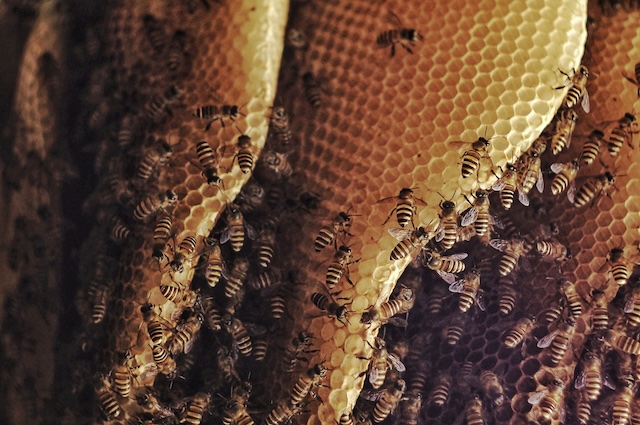As summer comes, so do the buzzing wasps, which makes people look for effective ways to get rid of pests. Unfortunately, there is a lot of false information floating around about these hardworking bugs, which leads to wrong ideas about how they behave and the best ways to keep them away. This guide busts common wasp myths and reveals the truth, giving people the tools they need to deal with pests in a smart way.
First myth: all wasps are mean:
Some species of wasps can be mean when they need to protect their nests, but not all of them are usually mean. Many wasps are good for the environment because they spread pollen. To get rid of pests effectively, you need to know what species are living on your place.
Myth 2: Wasps can only build their nests high up:
Wasps are very good at making nests, and they can do it in a lot of different places, like on the ground, in bushes, or even inside the walls of buildings. Check all parts of your land, both high and low, on a regular basis for possible nesting sites.
Myth 3: You can always get rid of wasps on your own:
Some do-it-yourself ways may work for small nests, but bigger or harder-to-reach nests may need to be taken care of by a professional. To choose the best way to get rid of the nest, you need to know its size and where it is located.
Myth 4: All wasps are useless and should be killed off:
Wasps are very important to environments. Insects that eat other insects are natural pest managers and help pollinate plants. Think about the good things that some kinds of wasps do for your garden before you try to get rid of them.
Myth 5: Wasp traps can get rid of whole nests:
Wasp traps can catch individual wasps, but they might not get rid of the whole nest. If you need to get rid of a nest completely and safely, you should hire an expert.
The sixth myth is that wasps are drawn to sweet smells. The truth is that wasps are also drawn to protein-rich food. Wasps will be less likely to come near your food if you keep both sweet and savoury things safely away, especially when you’re outside.
Myth 7: Allergic reactions happen right away:
What happens when you’re allergic to wasp stings can be different. Some people may have severe responses right away, while others may become sensitive over time. If you have any bad reactions to wasp stings, you need to see a doctor right away.
Eighth myth: wasps always hurt gardens.
Some kinds of wasps are good for gardens because they keep pests under control. It is important to find a balance between getting rid of pests and protecting the natural role that wasps play in the world.
Myth 9: Every nest looks the same:
Wasps build different kinds of nests, and each type is unique to its species. These differences help you figure out what kind of wasp it is and the best way to get rid of or disturb the nest.
Myth 10: All wasps die in the winter. Fact: Wasps are less active in the winter, but not all of them die. Some go into hibernation or look for safe places to stay. Knowing how wasps act during different times of the year can help you plan for year-round bug control.
Why Busting Myths Is Important: Busting wasp myths isn’t just about getting rid of false information; it’s also about encouraging a cooperative and well-informed approach to pest control. Homeowners can make plans that value safety and ecological balance that work if they know the facts.
To sum up, homeowners can handle the buzzing world of wasps better if they have accurate knowledge. We give people the information they need to make smart choices about pest control by busting common myths. This makes the environment safer and more pleasant for both people and the hardworking wasps that live there.
